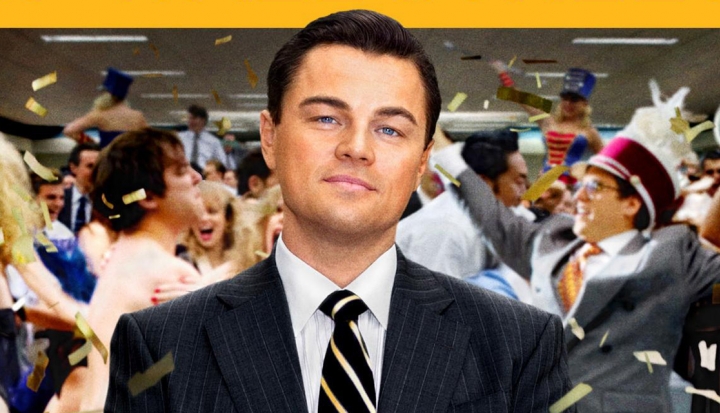The wealth gap has been everywhere in the headlines recently – from Pope Francis to Stephen Colbert to the 50th anniversary of the War on Poverty, to President Obama’s upcoming agenda. This weekend, the New York Times published an opinion piece from a former Wall Street trader, Sam Polk, titled “For the love of money.” In it, he describes his years working on Wall Street and a portrayal of the upper end of the spectrum of the wealth gap in our country.
The first sentence is jarring enough: “In my last year on Wall Street my bonus was $3.6 million — and I was angry because it wasn’t big enough.” Most of us likely can’t even fathom what to do with $3.6 million – I know I can’t. Polk also describes his struggles with substance abuse, then chronicles his realization that his desire for more money is also an addiction.
He eventually feels embarrassed by how much money he and others are pulling, with little concern for anyone but themselves. He feels guilty for his role in perpetuating others’ problems:
“There were plenty of injustices out there — rampant poverty, swelling prison populations, a sexual-assault epidemic, an obesity crisis. Not only was I not helping to fix any problems in the world, but I was profiting from them. During the market crash in 2008, I’d made a ton of money by shorting the derivatives of risky companies. As the world crumbled, I profited. I’d seen the crash coming, but instead of trying to help the people it would hurt the most — people who didn’t have a million dollars in the bank — I’d made money off it.”
The piece was especially timely for me to read, as just that day I had gone to see Martin Scorsese’s The Wolf of Wall Street. The film is up for Best Picture, as well a host of other Oscars (Best Actor, Supporting Actor, and Director among them). Besides the award nods, I knew that the film was sure to be long, loud, and lewd (containing more than 500 f-bombs). I can’t think of a better way to describe the viewing experience than what Wesley Morris says at Grantland: “The sustained juxtaposition of glam rock, combat, and Lifestyles of the Rich and Famous gets you high while also making you sad and kind of sick.”
This was exactly how I felt when leaving the theater: sad and kind of sick. Talking with my friend after the movie was over, I mentioned that I felt squirmy in part because I don’t think addiction is funny – which is problematic for enjoying a film whose biggest laughs comes while characters are under the influence. (In the same way, I always am uncomfortable when the beloved-to-some Saturday Night Live character “Drunk Uncle” appears on Weekend Update; the same goes for the plotlines in the Netflix season of Arrested Development that center on a new character we meet at rehab.) But, not only was Leonardo DiCaprio’s Jordan Belfort addicted to pretty much every kind of substance under the sun, he suffered equally as much from his addiction to money, and it drove him mad while simultaneously leaving a wake of destruction bigger than the wake from his massive yacht.
The film has taken some criticism for not presenting enough of a moral contrast – because we don’t see the havoc wreaked upon all the innocent people left in Belfort’s path, many have viewed the film as an endorsement of the outrageous life he led. (An audience of Wall Streeters cheered many of the films uglier moments.) In a Variety interview, DiCaprio defended the film, and I tend to side with him:
“This film may be misunderstood by some; I hope people understand we’re not condoning this behavior, that we’re indicting it. The book was a cautionary tale and if you sit through the end of the film, you’ll realize what we’re saying about these people and this world, because it’s an intoxicating one.”
That world is intoxicating alright, but where is hope for the cure? As Polk says in his Times piece: “Dozens of different types of 12-step support groups — including Clutterers Anonymous and On-Line Gamers Anonymous — exist to help addicts of various types, yet there is no Wealth Addicts Anonymous. Why not? Because our culture supports and even lauds the addiction.”
It’s time for us to stop cheering at and praising the love of money. It’s time to start looking for ways to rehabilitate our culture.
Image: The Wolf of Wall Street movie poster










